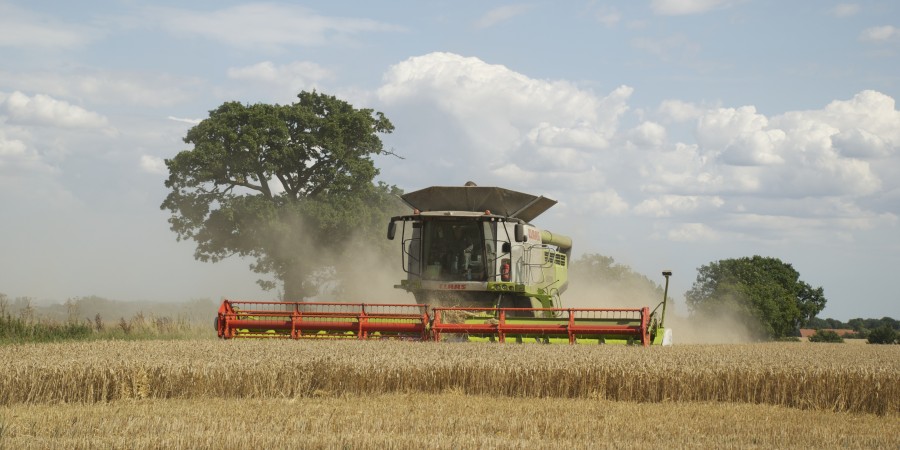JVFG Chairman Antony Pearce operates two joint farming ventures: 1200ha in Buckinghamshire and 380ha in the Cotswolds. In 2017 he is taking part in the Oxford Farming Conference Emerging Leaders Programme. Sponsored by Massey Ferguson, the Conference chooses eight agri-professionals who have not attended the Oxford Farming Conference before to meet with other emerging leaders to ‘share their views on how to recognise the opportunities, seize the agenda, and forge the path that others will follow’.
Writing for the Oxford Farming Conference website this summer, Antony shares his enthusiasm for joint venture farming and the key elements for the new business to succeed.
“By working with neighbouring farms and making even small innovations, our farming businesses become more efficient, progressive and often greater than the sum of our individual parts”, he writes and, in summary, shares main reasons why joint ventures work so well.
Power of Partnerships
“My initial reason for collaborating was to save on machinery costs. We halved our machinery costs overnight. Group discussion with JVFG has led to further reducing other costs by 20%.By partnering with a neighbour we are now working our assets harder, and each aspect of our business is run by a ‘specialist’, which has brought efficiencies all round. Small innovations help all of us make more from our labours by specialising, while we all benefit from economies of scale amplifying the positive impact on each of our businesses.
Pooling assets for specialist use
We share storage and use different drying systems to optimise the drying of different crops. Other agreements have followed including a second machinery joint venture with another nearby farm. Working with a young beef farmer, who rents grazing and buildings, means I can now look at mixed farms for rent which he can use too while I focus on the arable parts of our expanding acreage.
Problems halved
This collaborative approach brings gains from unexpected places too. It is more fun and problems are halved, you are less isolated and you have two, three or four motivated minds all wanting the best outcome. As farmers, we are busy and it’s hard to keep our eyes above the everyday firefighting and grab the opportunities. But, more often than not, opportunities are right there and easier to integrate into our business than we might imagine.
Fairness
Choose personalities you can work with and make sure you share the financial input and gains fairly, as these are invariably the two reasons for failed joint ventures.
Be open: by making yourself open to ideas and people, you attract unlikely contacts with whom you can collaborate, innovate and gain a competitive advantage.
Be ambitious
Consolidate and improve all the time, even in small steps. Innovate and use your assets, including yourself, to the best advantage. Think outside the traditional box.”
To read more of Antony Pearce’s perspectives on joint venture farming see the full version of this article.
If you are interested to become a 2018 OFC emerging leader see the application details. Contact Antony Pearce to learn more about his joint venture businesses or about JVFG.


